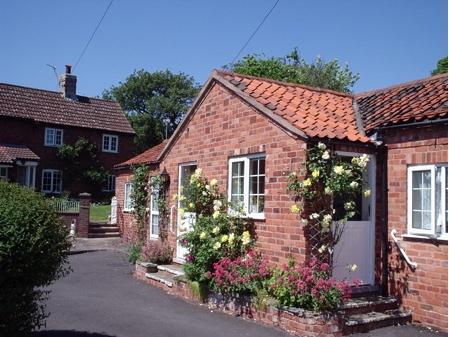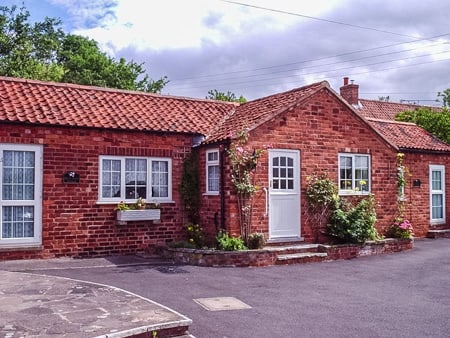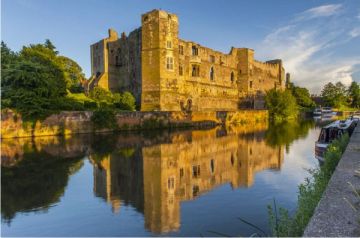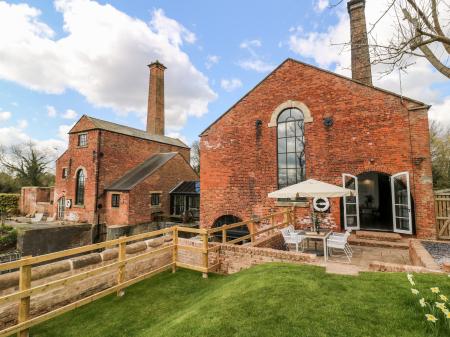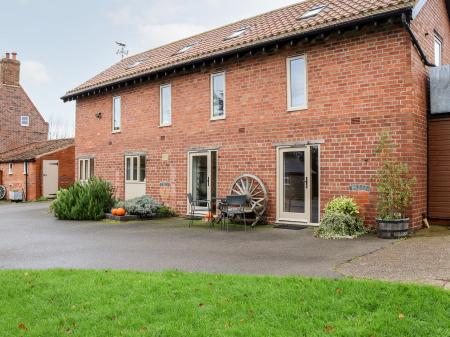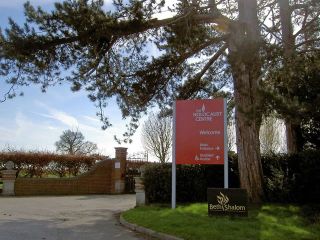
Beyond telling the horrific tale of the Holocaust during World War Two, the Centre explores discrimination and prejudice in our human story, using history to help visitors gain an understanding of how we can learn and grow from one of the great tragedies of history.
The Centre provides a focal point for exploring themes of genocide in history, human rights, and what the Holocaust means to all people, no matter what their background. The focus of exhibits is not solely on WWII, but on other 20th century genocides as well.
Much of the Holocaust Exhibition is aimed at young people, though the information is relevant to all visitors. The history of Jews in Europe is explored, starting long before the Nazis came to power in Germany. Nazi ideology is explored, and the development of anti-Semitic laws. Learn about the development of ghettos, the beginnings of concentration camps and the different types of camps. There is a particular focus on the camps of Treblinka and Auschwitz.
A final section of the Exhibition deals with those who survived the Holocaust, the difficulty they had re-integrating into society, and the lessons we can all learn from their painful journeys. In addition, you learn about the few brave people who had the courage to speak out during the Holocaust, and what we can learn from their stories.
There are archives for historical research, but for less scholarly visitors there are peaceful memorial gardens to sit and reflect, a Memorial Centre, and a regular programme of speakers. One of the regular themes for speakers is to have survivors of the Holocaust tell their stories to a modern audience, bringing home the personal history that makes the Holocaust so much more vivid and meaningful.
Many of the Centre's visitors are students, who come to gain an understanding of the history and background of the Holocaust, and what it was like to live through it, or what it was like for the millions who did not live through it.

